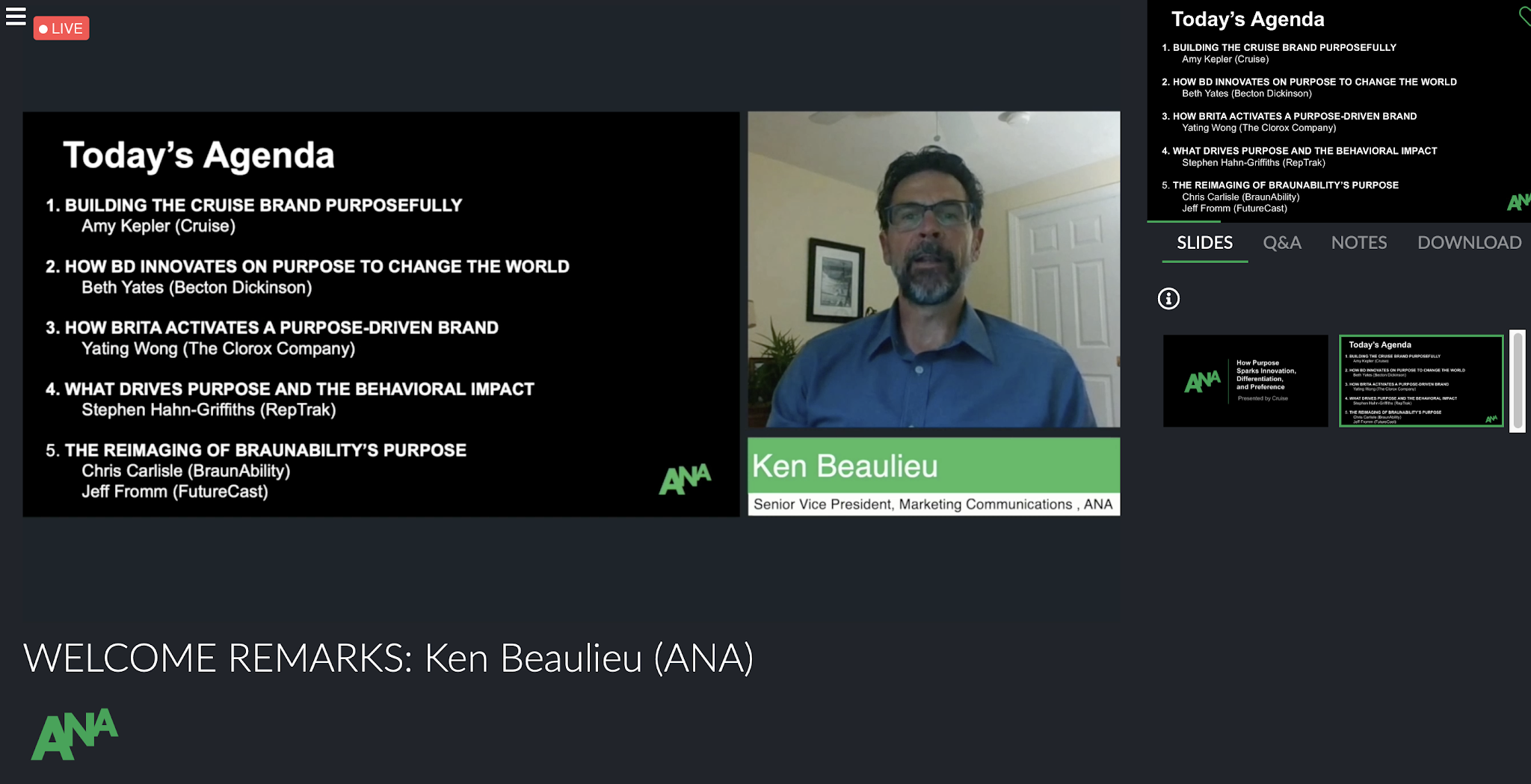Sustainability in a Meaningful Perspective
Sustainability as a Lifestyle: What it Means for Consumers & Brands
April 30th, 2017
Speakers:
Molly Malloy (Moderator) - Director of Brand Purpose Planning at Futerra
Jennifer Coleman - PR & Social Media Manager at UncommonGoods
Andrea Reyes - Chair of the NYC Fair Trade Coalition and Co-Founder of A.Bernadette
Whitney Ferrell - Founder of RE.BIN and Environmental Attorney
Julie Gueraseva - Founder - Creative + Editorial Director of LAIKA Magazine
I was glad to have chance to attend the conference “Sustainability as a Lifestyle” in Dumbo, which was a part of Lightfoot Market - a sustainability pop-up. I found this conference was interesting because given today’s political environment, it’s a time to take stock of the role and efficacy of “conscious consumerism” and explore what it means for consumers and brands today.
In the discussion, we got chance to hear different perspectives on these important questions, How can the average person make sustainable and ethical decisions in his or her everyday life? What are brands’ responsibilities to make these decisions easier and more accessible for consumers? And how can brands and organizations become powerful agents of change without co-opting and exploiting the issues that consumers care about?
For those brands in the corporate social responsibility, the term “sustainability” has become pervasive. However, what does this term exactly mean to consumers? Environmentally-friendly? Positive? Or quality? To make sure that companies fill the gas between consumers and this CSR products which connect to nowadays people’s lifestyle.
Especially for millennials, who pursuit a minimal lifestyle the sustainability to them means simplicity and quality. I feel like that the successful campaigns should be the ones create some tipping points which are fun and simple ideas that involves consumers. There could be ways to redefine the concept what is “sustainability” as an easy-to-understand language. Also, there are some small steps to be changed that will be smart to resonate with consumers.
Products itself are still most important component. Once the consumers are happy with the quality of the products. That would be easier for brands to influence their consumers and lead them to a level they want. Actually there is evidence that many consumers would welcome further guidance on how their individual actions can help make a difference. Therefore, businesses could be in places that help consumer to raise awareness and understandings, and change the way they consume and live.
I think that marketers nowadays are still playing a crucial roles in finding the right messages to engage consumers in a meaningful way as well as defining companies’ goals in communications perspective.



